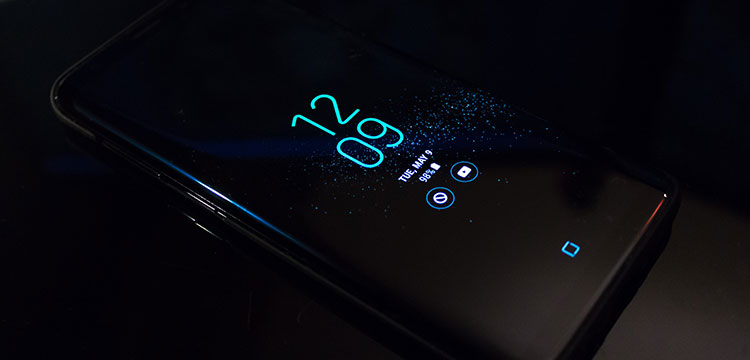Failure to Note Right to Retain a Lawyer Results in Exclusion of Evidence

In a decision delivered on December 30, 2014, Justice Miller of the Superior Court of Justice in Owen Sound, sitting as a Summary Conviction Appeal Court Judge, made it clear that an accused must unequivocally waive his right to retain and instruct a lawyer before the police can demand and receive breath samples.
The accused was operating a motor vehicle and during an investigation by police provided samples of his breath into an Intoxilyzer machine that established his blood alcohol level was 160 ml of alcohol in 100 mg of blood. Upon being arrested, the accused was asked, “Do you wish to call a lawyer now?” He replied, “No, not right now.” The accused was then taken to the police station where he was asked to provide breath samples. Only after providing the samples was the accused asked again if he wished to call a lawyer. By then the police had all the evidence they needed to lay charges.
At trial the accused brought an application under the Canadian Charter of Rights and Freedoms to exclude the evidence of the breath samples, arguing that his right to retain and instruct a lawyer had been breached. The trial judge held that the accused had given up his right to speak to a lawyer when he advised the police at the scene of the arrest that he did not wish to call a lawyer. The application was dismissed and the accused was found guilty of operating a motor vehicle with a blood alcohol level in excess of the legal limit.
The accused appealed his conviction to the Superior Court of Justice.
Justice Miller found that the trial judge erred in law in failing to consider whether the accused’s response to the question “Do you wish to call a lawyer now?” amounted to a clear and unequivocal waiver of the right to retain and instruct a lawyer without delay. Her view was that it did not. She held that “No, not right now” is not the same as an unequivocal “No”. She further held that the police action in demanding and receiving breath samples from the accused before offering him a meaningful opportunity to contact a lawyer amounted to a violation of his Charter rights.
Justice Miller also held that the evidence derived from the breath samples should be excluded as well, pursuant to section 24(2) of the Canadian Charter of Rights and Freedoms. As a result the conviction was set aside and an acquittal was entered.
If you are charged with DUI, while impaired driving or operating a motor vehicle while “over 80” you need an experienced criminal lawyer to give you the best possible result. Call James Zegers at 519-673-0440 for a consultation and frank assessment of your case.

